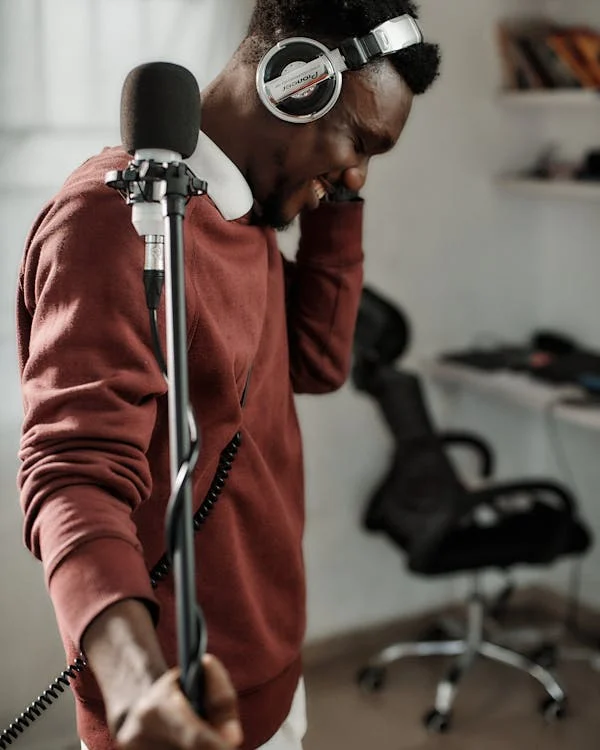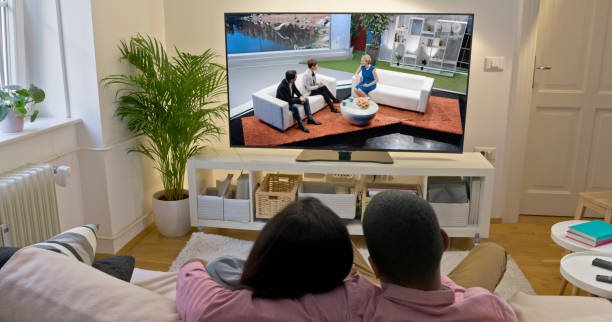Social Media And The Modern Athlete
Power of Social Media Use it the Right Way By Diksha Grover Social in today’s. The digital world is no longer just a means to share an update or catch up with friends, instead. It’s almost like this virtual clout you have that can mold. Culture influences career paths and provides unheard opportunities for sustaining life. Not only a stage but also a spotlight for athletes: social media. Opens the doors to telling their stories, connecting with fans, and developing brands. Social media capabilities come with vast opportunities, but they also bring complexities and challenges to the public eye and mental health strains. I spoke with the author of Social Media and Sports. Jimmy Sanderson (@jimmysanderson), about how social media impacts today’s athletes, their career paths, and their evolving identities.
Building a Personal Brand
Social media has given athletes. A chance to display their personalities, values, and ideas. and things they love beyond what their athletic gifts offer them. That change continued converting athletes into brands. Athletes like Cristiano Ronaldo, Serena Williams, and LeBron James have millions of followers on Instagram (and other social media outlets) by giving their fans a front-row seat to their training routines as well as personal lives including sponsorships.
It is the way athletes can earn endorsement deals and lucrative opportunities in industries other than their sport. This visibility also means they hold more sway concerning sponsor negotiations and public image. Won herself weighed this year as she’s in the industry of valuing athletes, and noted. That with an athlete directly impacting ticket sales came a way to measure influence: social media followers.
Direct Engagement with Fans
That this could happen at all is (in very good ways). Part of a larger shift in the burden and benefits on both sides. With athletes emerging from behind traditional barriers between stars and the common public. Fans used to only be able to connect with athletes through official channels team press releases, games, and interviews. Today, you can hop on Twitter, Instagram, or TikTok where our immediacy of communication is unfiltered.
This interaction creates loyalty and affords a following to the athletes. Fans can also track the reaction rates of their favorite athletes in real time and respond to them. His or her play apparel choice, personal life, etc. A win-win, in which fans feel even closer to their idols and athletes grow a more dedicated global following.
Real-Time Activism and Influence
Social media is now a major avenue for athletes to speak out against social issues,
and advocate for change. With just one post, he reaches millions of fans all around the world in seconds. Colin Kaepernick, Naomi Osaka, and Megan Rapinoe are a few. Who have used their voices to shed light on racial injustice (Kaepernick), mental health (Osaka), and gender equality (Rapinoe).
As more drivers share their stories and provide. A safe outlet for other athletes to express themselves, they give fans the freedom to speak out on. Who should be sponsored by whom with their wallets. Athlete voices are now almost expected to ring. Out beyond their sport and they seem right at home in many global discussions of social norms.
Increased Media Scrutiny
Social media, on the other hand, has led to greater pressure being put on athletes by making it all public. Millions watch every activity, status, and tweet of yours. This examination is a daunting and arduous one, about keeping up appearances on a day-to-day basis. A great deal of pressure rests on these celebrities one wrong move will earn them the wrath of social media, which can cost their livelihood and endorsements.
Another from Olympic gymnast Simone Biles, who recently put out there that she was dealing with mental health issues on social media. Whilst she did receive support, others took the opportunity to criticize her; demonstrating both sides of online platforms. In the age of cancel culture, at least according to social media standards and political correctness Nazi enforcers, athletes have to be mindful by thinking before they act in how they represent themselves too as not only can toxic behavior haunt them but also bring canceled.

Mental Health Impacts
However, even though social media can have many advantages for athletes.
The pressure to be continuously available online can hurt their psychological well-being. According to research, the use of social media has not only a negative impact on how we communicate with each other but also causes anxiety and depression due to online criticism as well as low self-esteem from constant comparisons. This type of pressure gets amplified when you are an athlete, given the stakes and visibility.
Many athletes have echoed that sentiment by pausing their social media use to concentrate on some self-care for their mental state. The likes of English soccer player Marcus Rashford and Japanese tennis star Naomi Osaka have both been candid about how the cruelty has impacted them. Sports organizations and psychologists are increasingly aware of the need to provide psychological support for athletes in response, largely by urging them to use social media more consciously.
Athlete-entrepreneurs rise →
Meanwhile, social media has allowed a new wave of athlete entrepreneurs to use their brands as springboards for businesses and products that speak straight to consumers. High-profile players including NBA star Kevin Durant and former footballer David Beckham have turned to business but used their social media platforms as a way of enhancing these ventures.
With followings in the millions, athletes bring built-in audiences to their enterprises lessening dependence on expensive ads as a means of branding and making personal brands adaptable. Social media is one of the most significant areas for athletes to invest in, from fashion and food startups to tech plays that all tell a broader narrative around increased independence and invention.
Insights into training and performance
Numerous athletes use their social accounts to provide sneak peeks of how they train and live off the field, which can sometimes offer fans a completely new take on what it takes to be elite. Workout videos, diet plans, and recovery tips pretty much dominate the list of content across Instagram or YouTube. By doing so, athletes grow their audience and motivate fans who look up to these fitness-level goals.
This visibility is also beneficial for sponsors, seeing as athletes can present and use sponsored goods during training or daily routines. On the other hand, athletes should not reveal too much information because opponents could then review their routines.
Evolving Fan Expectations
Fans now have much greater access to athletes with cell phone cameras and social media, which only serve their sense of entitlement. Who will be capable of responding to it (and others) and participating in posting personal details, answering questions from fans, etc? It is all a bit extreme for an athlete who might want to avoid the limelight.
Not all social media fan interactions, of course, are positive. The targeting of athletes is probably worst when random nobodies bully them in the comments section online. These interactions and finding the balance between your personal life in person and online can be tough, so it follows that athletes must take caution with how much time they commit to working on their socials.
Conclusion
ES: In what way has life become so much easier for athletes? Nowadays because of social media and the ability to build their brand. Communicate directly with fans, or share their opinions. It gives them an unprecedented reach and influence.




Post Comment